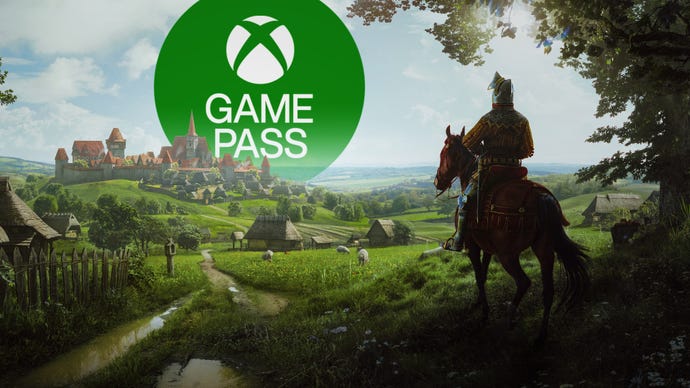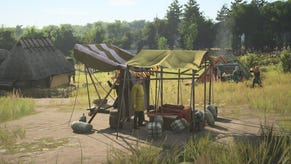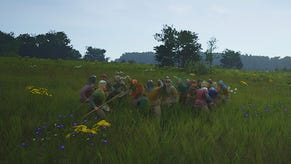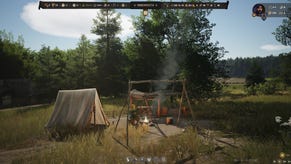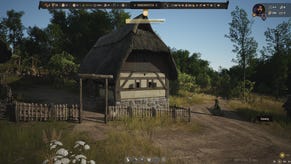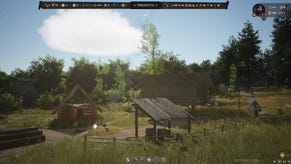Manor Lords is 2024's must-play strategy game, even in early access – and a massive win for Game Pass
Slavic Magic has already made one of the best strategy games of 2024 – in a Manor of speaking (sorry).
One year of in-game time into Manor Lords, and I ran into a big problem. A gang of thugs and raiders threatened to invade my shoddy-but-growing demesne, and since I had invested approximately no resources into military defense at that point, things weren’t looking good. I had no money, either, and suddenly had to start raising taxes, throwing all those who work into a bit of a tizzy.
Technically, I could’ve done this earlier, but I had no idea my grungy little burgh was advanced enough to build a manor yet. We’ll get to that later. Anyway, the point is, the peasants were p**sed. My approval rating among the lowly was dropping fast, so – with the future of my treasury and the prospect of attracting newcomers at stake – I did what any good medieval lord would do. I built a church. Then I went real fancy, and upgraded it with clay roof tiles.
Everyone liked that. Not so much that they didn’t hate me a little when the first of the month rolled around, but I guess the ringing bells and holy, holy, holy distracted them enough to where they didn't care. Tax revenue and new villagers with their taxable income flowed in, just as I planned. I still had my lordly posterior handed to me when the bumpkin raiders did finally show up, but that’s mostly ‘cause the game’s combat tutorials – and basically all the tutorials – are kind of vague and tough to parse right now.
The short version of all this? Manor Lords is definitely an early access game, but it’s also the most fun I’ve had with a city builder in... I don’t know how long.
I’ll start with the iffy parts, first. Manor Lords isn’t great at explaining things to you. Important things. Like how trade works, what you need to equip an army, and that it’s going to take a full in-game year before your crops grow. Most of these little bumps are easy to work around eventually, but they can feel a bit exhausting until you learn your way around the game – especially important aspects like how and when to build a manor and raise taxes. As my serfs would tell you.
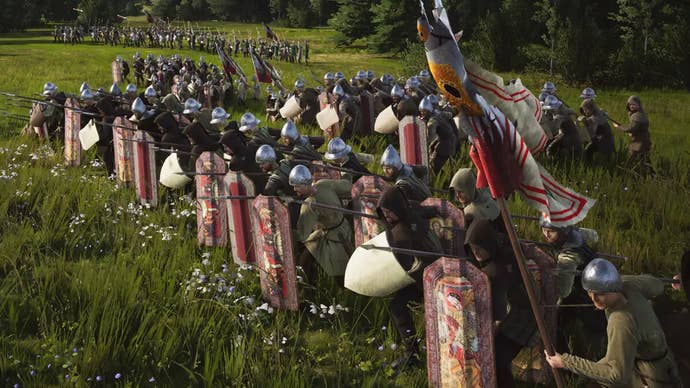
These problems, along with a dozen or more locked features, will undoubtedly get attention as the early access period wears on, so – as annoying as they can be – the situation is definitely not indicative of the final product.
It’s worth learning your way around the irritations, though. Sole developer Slavic Magic posted an overview saying Manor Lords is chill and not a Total War competitor, and they weren’t kidding. Manor Lords is remarkably laid back for a game with so many pieces and things that could go horribly wrong, and that relaxed feeling doesn’t just come from the monastic chants and chamber music playing in the background.
It's in the slowly passing seasons, the gradual expansion of your lands and capabilities, and the sedate pace of your serfs cutting logs and blundering through forests with no paths to find food because they're starving. Well, it's sedate until you crank the speed up to 12x the usual rate, in true 4X fashion.
It also comes from the basic way Manor Lords works. The game has a smart balance of automating certain systems – people open their own market stalls and handle selling and buying goods for themselves – and creating a progression route that feels natural. You have plenty of options right from the start, but not all of them are logical. For example, you could run a mine that gives you stone and clay, but that’s a total waste of resources if you don’t need stone and clay.
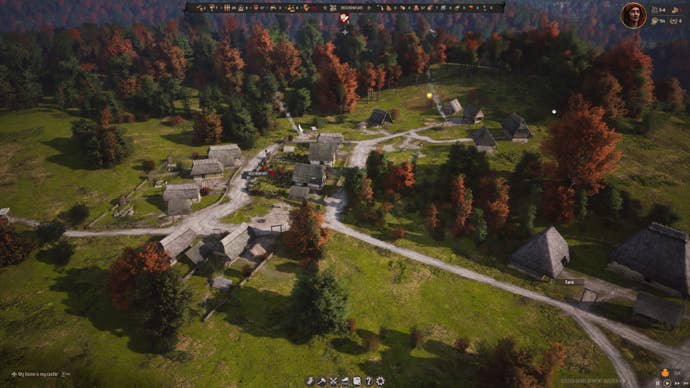
There's just no need to rush and no benefit from doing so. Careful, intelligent planning of a functional, self-sustaining village is much more important than racing out to grab new territory or burning a rival's capital to the ground before they get started. If you do make a hasty choice, you can just demolish it and get your resources back, so no harm done. Manor Lords is happy to let you figure out everything at your own pace.
Another welcome touch is how Manor Lords handles its people. You don’t just have citizens or villagers in Manor Lords. You have family units, a system that’s got more going on than just a little label change. All the members of one family help out at whatever location you assign them, so that’s two or three people – sometimes more – at the logging workshop, the same on a farm, and so on.
Once you upgrade your burgage plots – land for folks who aren’t you to live on – you can build add-ons to houses, which is where things get interesting. These add-ons include self-sustaining activities and cottage industries, things like vegetable gardens and chicken coops. They keep people fed, which eases your burden during lean times, and you can sell some of the excess produce. But they take at least one person away from the family’s allocated work location.
Deciding what to upgrade and when adds a welcome extra layer of strategy to aspects of the genre that are usually pretty straightforward, and the lack of resources in your first few years naturally pushes you toward creating specific districts without even thinking about it. One part of your town – probably further away from the center, where there’s more room – will almost inevitably be the posh neighborhood, while the poor saps unlucky enough to have bought in when the town was young are stuck in their tiny shack near the cowsheds and sawpit with no room to expand.
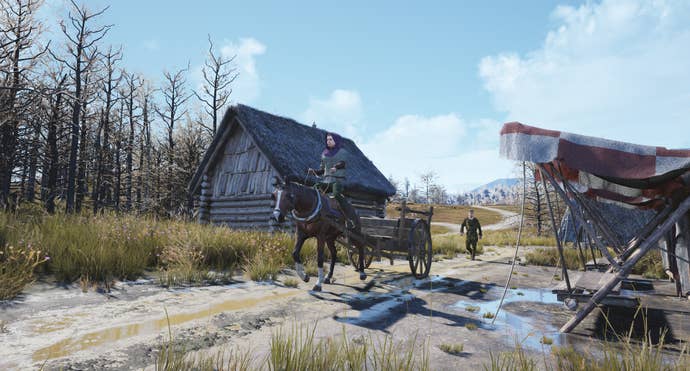
There’s half a dozen or more other lovely, thoughtful touches that make Manor Lords feel alive. Animal habitats change over time, and you’ll permanently lose a food source if you hunt too much. Berries regrow in spring for foragers to harvest, and foresters replant to avoid total deforestation and disaster. The need for resources to feed and fuel your town pushes you to expand. Even if you don’t want to, you’ll eventually find yourself claiming new territories and playing nice with your annoying neighboring lords so they’ll share resources instead of killing you.
The genre streamlines resource gathering, war, and all the big stuff so the focus is on large-scale planning. Slavic Magic adds a little whiff of history and cause-and-effect realism back into things with a few deft touches, and Manor Lords, with its juggling act of managing the bigger picture and day-to-day activities, is better for it.
Manor Lords hits early access on Steam on April 26, 2024, and will be on Game Pass for PC from day one. That’s it from me for now. My poorly trained army of yokels died in another skirmish, so I need to go build some corpse pits and hope those left behind have enough to eat this winter (they probably won’t; I sold all their extra food).
